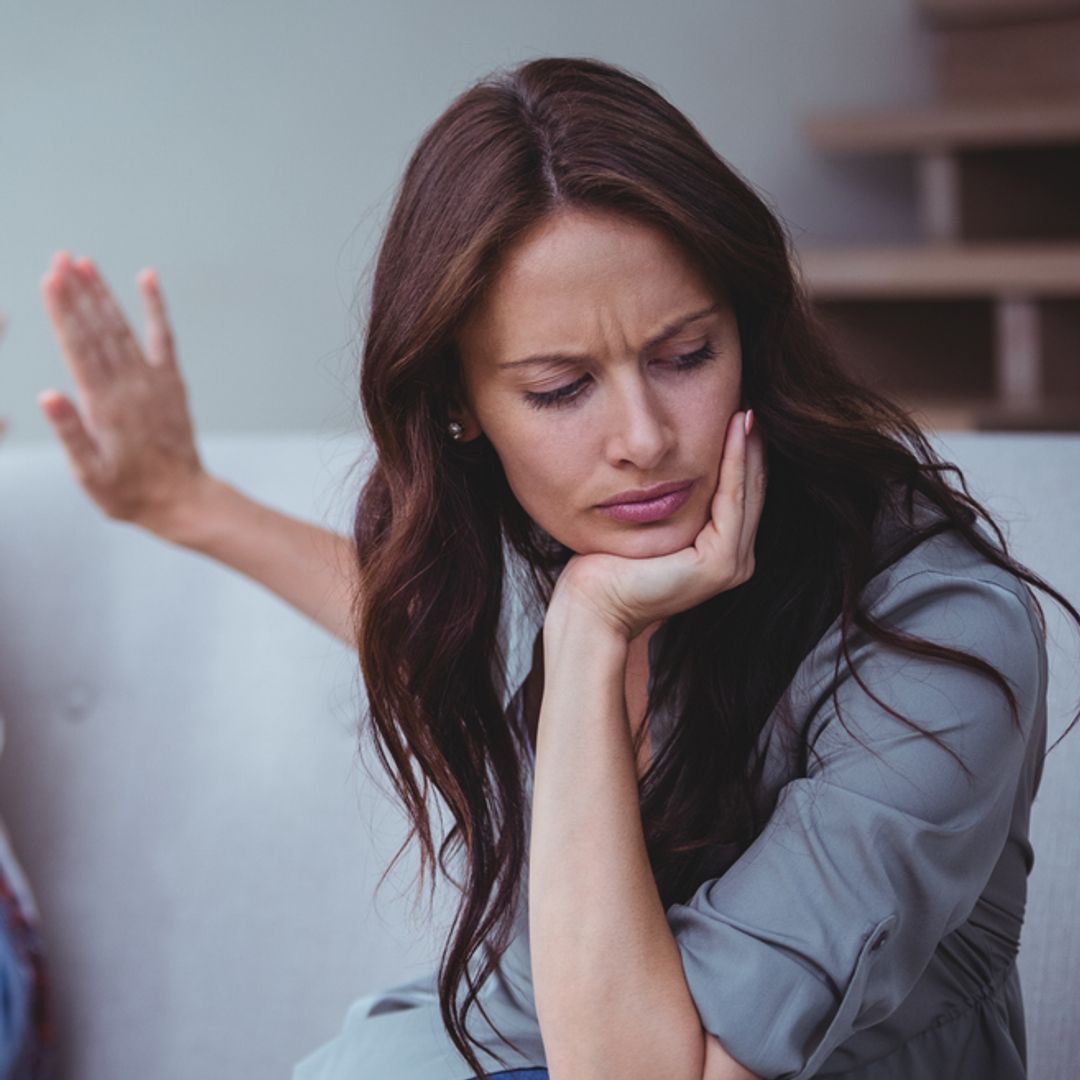Today is World Mental Health Day. If you're anything like me, you'll agree that we should be considering our mental health – and that of others – every day. Nonetheless, there's nothing like a marked day in the calendar to pay extra close attention to what's going on inside our heads.
Mental health has many different facets. Something that, in my view, shouldn't be overlooked when it comes to mental health is stress. A lot of us feel stress every single day. So what is actually going on with our mental health when we are stressed?
Rarely do we sit up and pay attention to the physiological effects it has on our bodies and our state of mind. Like many others, I have succumbed to the addictive perils of TikTok, and my algorithm is mostly full of videos and tips about health.
Although we should watch with a level of caution, of course, due to the very real issue of misinformation, there is a vast amount of positive content and the social media app is a hub when it comes to information about improving health.
As of late, I've been hooked on the subject of our hormones, particularly the stress hormone cortisol. This spurred me to implement small (and very doable) changes into my daily routine to reduce the amount of cortisol flowing through my veins (yes, reducing time on my phone is one of them) and, in turn, improve my overall health thus handle stressful situations life throws at me more efficiently.
MORE: 8 healthy habits to help you and your family cut down on social media
These three changes are: getting daylight in the morning and moving my body, even just for ten minutes such as a brief walk; focusing on what I'm putting in my body; and paying more attention to how hormones behave.
There is science behind all of these things.
What is cortisol and why does it make us feel stressed?
Cortisol is the stress hormone. When our bodies enter 'fight or flight' mode, cortisol – and adrenaline – increase so that we can handle the tricky situation that we have found ourselves in. Evolutionally, this was essential to survival.
However, too much of this has a knock-on effect on us physiologically. Hannah Alderson, Registered Nutritionist & Hormone Specialist, explains this to HELLO!: "Stress is a very physical thing. It's a roadblock to optimal health and happiness."
"When there is perceived danger and threat, your body initiates a stress response via the nervous system. But where there is chronic stress you could see yourself stuck within this state."
What does this mean? According to BACP accredited therapist and anxiety expert, Kamalyn Kaur, it's not good news. "Constantly being in the response can lead to high blood pressure, cardiovascular disease, respiratory issues, chronic pain, and mental health disorders such as anxiety, panic attacks, depression, or insomnia - to name a few," she tells me.
How can we lower our cortisol levels?
"There’s nothing worse than someone telling you to just stop worrying, stress less or that you don’t have anything to be anxious about," explained Hannah to HELLO!
There's little we can do to stop ourselves from feeling stressed or worried from time to time, however, as mentioned, small lifestyle changes can help us combat spikes in cortisol and, ultimately, make us feel better…
Why getting outside helps
Even if it's just for a ten-minute walk around the block before starting work, getting outside in the daylight and moving my body every day has had enormous benefits. It set me up for the day and drastically improved my sleep pattern.
Hannah tells HELLO!: "Exercising outside will help create an environment which will favour lowering your cortisol levels. You are supporting your circadian rhythm (body clock) by getting exposed to the full spectrum of light."
Kamalyn agreed but encouraged realism. "If you are not an early riser, then forcing yourself to join the '5 am Club' will initially appear enticing but will be difficult to sustain. Setting [realistic] goals will help you stick to them in the long run and prevent any overwhelm. Set goals suited to your own personality and schedule."
And what goes down, must come up. Because as cortisol lowers, serotonin will spike, making us feel invigorated and happy. "Exercising will help you burn that adrenaline that makes us stressed. Staying active and getting your body moving also creates endorphins and serotonin," explains Kamalyn.
MORE: I tried cold water exposure therapy for the first time – and this is what happened
How our diet can affect our stress levels
We don't have to be scientists to know that what we put into our bodies has a direct impact on how we feel. Making sure we have a diet rich in vitamins, fibre, and gut-healthy bacteria helps us to handle both physical and mental stress better, Kamalyn says.
"Highly processed foods which can often contain unhealthy fats, sugars, salts, and additives will undoubtedly harm your health over time. Limit the intake of these and replace it with clean eating where possible."
Hannah furthered this, explaining how our bodes' response to glucose is linked to stress. "If you are stressed it is important to focus on your blood sugar regulation. You’re not going to be so great at managing glucose, so it is key to work on this area. The aim of the game with blood sugar regulation is to consume less glucose and eat in a fashion which will prevent so much from entering into your bloodstream."
But it's not all about avoiding certain foods, it's about inviting more in. For example, apple cider vinegar has the highest levels of acetic acid which helps with blood glucose regulation. According to Hannah, it "creates more storage space in your muscles for glucose & slows the breaking down of starch into glucose."
MORE: I went through early menopause – now I help other women through it
How hormones affect our stress levels
As women, our hormones fluctuate at different times during our menstrual cycle. "Hormones don't affect us any differently throughout the month, but our hormones will behave differently and therefore drive behavioural and physiological differences throughout the cycle," explains Hannah. "Cortisol can spike at any time due to stress and it will have the same effect."
The best thing to do? Do your best to keep your cortisol levels regular via your lifestyle to allow your body to thrive throughout the month.
As Hannah puts it: "They are your superpower, and it’s time to learn how to work with them, not against them. If you’re able to create an environment for your hormones to thrive, this can open the doors to a world of positivity - think optimal health, improved energy, better sleep and boosted happiness."












